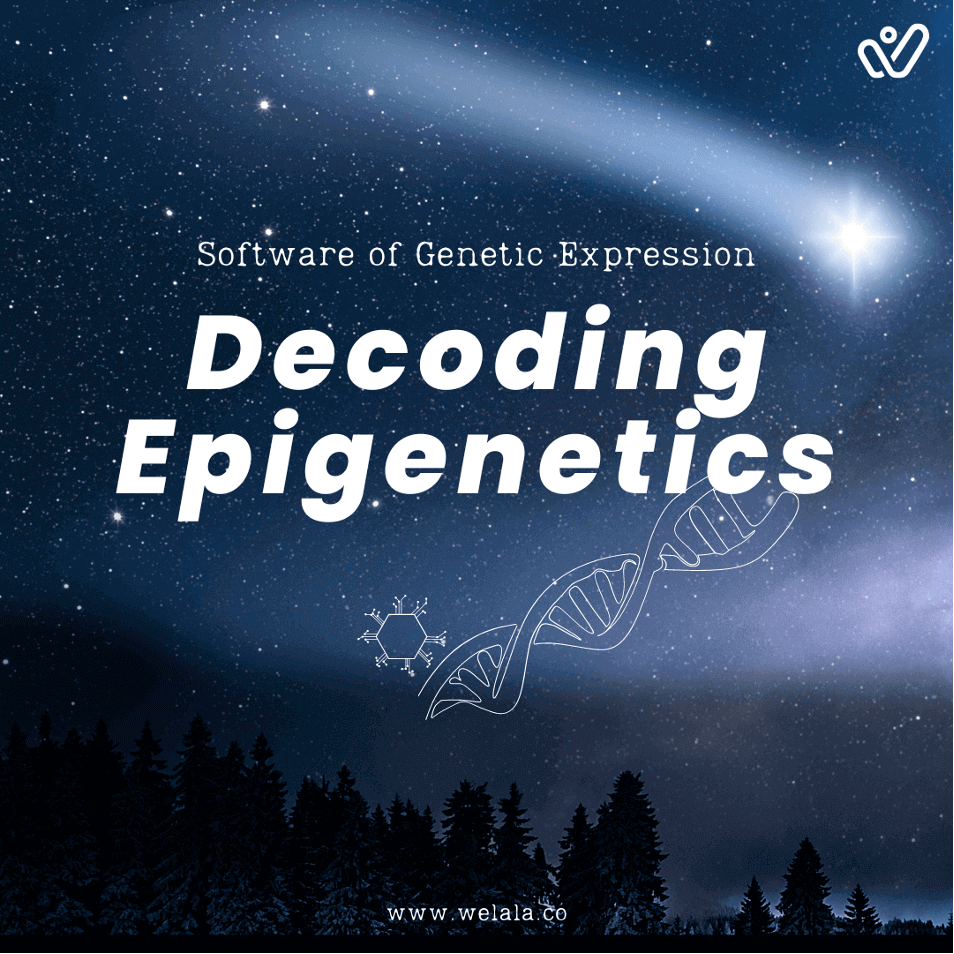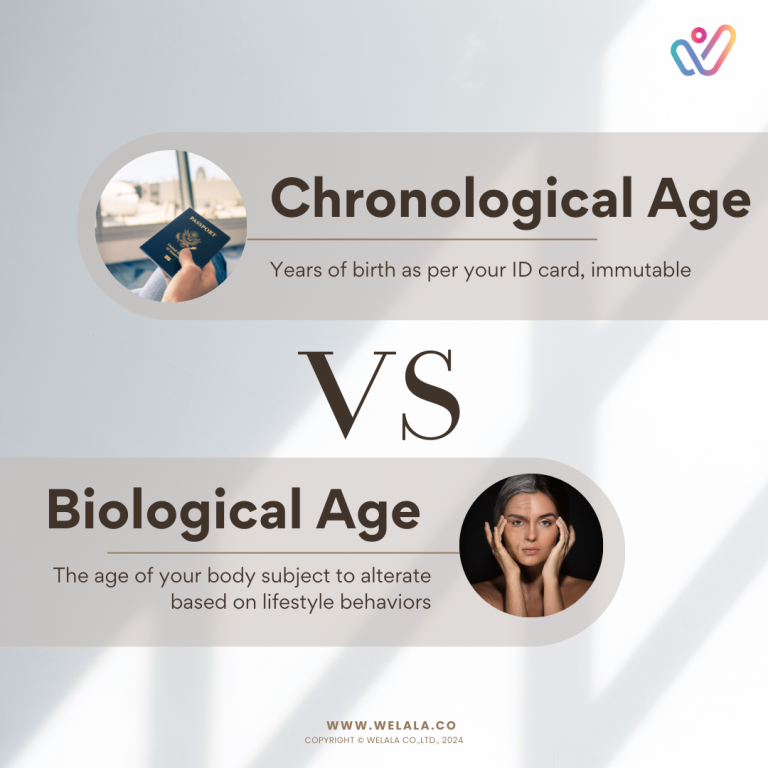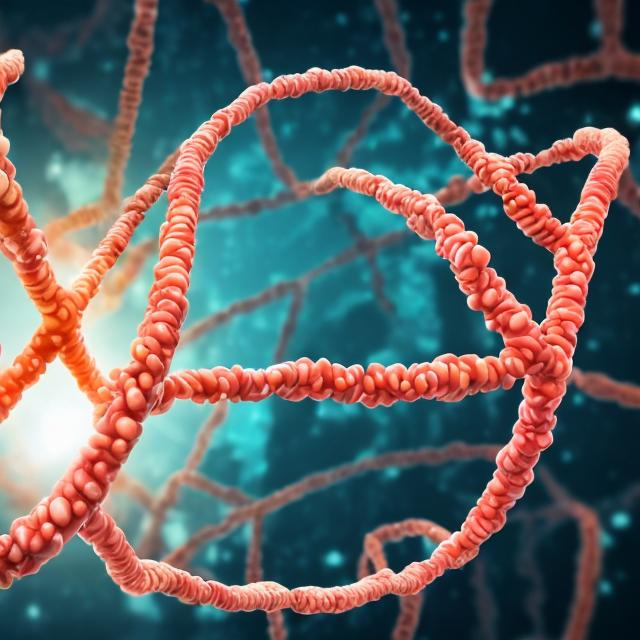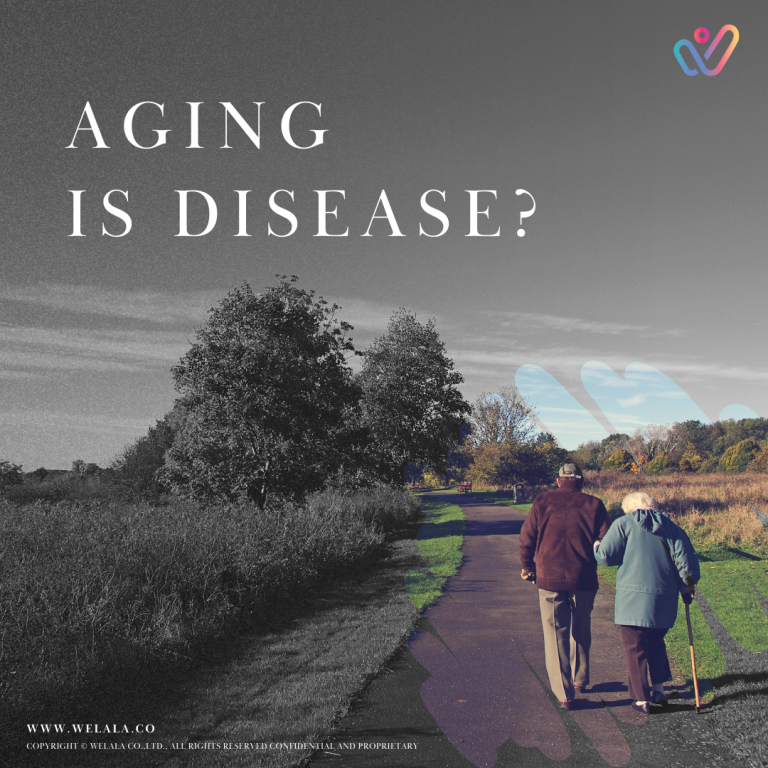In the intricate realm of genetics and biological regulation, the study of epigenetics stands as a pivotal exploration into the factors influencing gene expression without altering the DNA sequence. This blog seeks to unravel the nuances of epigenetics, particularly focusing on DNA methylation as a common epigenetic modification and its crucial distinctions from traditional genetics.
Epigenetic Modifications and DNA Methylation:
A prevalent form of epigenetic modification, DNA methylation, involves the addition of a methyl group (CH3) to specific locations on our DNA. This process can silence genes, preventing their expression. Unlike genetic mutations, DNA methylation is a reversible process, susceptible to various factors such as environmental influences, dietary choices, and lifestyle habits. Epigenetics, as a discipline, delves into understanding how these modifications regulate gene activity.
Epigenetic Tests: MyTruHealth:
Our proprietary epigenetic tests, MyTruHealthe, offer a unique perspective on health assessment by examining the positioning and quantity of methyl groups on your DNA. These tests provide valuable insights into alterations affecting gene expression, going beyond the traditional focus on DNA sequences. To elucidate this distinction, consider DNA as the hardware and epigenetic mechanisms as the software instructions. Epigenetic changes, including DNA methylation, function as dynamic instructions, modulating gene expression and impacting an organism’s behavior and development.
The Reversibility of Epigenetic Changes:
One key takeaway is the reversibility of epigenetic changes. Understanding and monitoring these changes through epigenetic tests empower individuals to make informed lifestyle modifications, potentially reducing the risk of developing diseases and mortality. By comprehending the software instructions embedded in our epigenetic code, we gain the ability to actively shape our health trajectory.
The Interplay of Genetics and Epigenetics:
While genetics explores the inheritance of genes and their role in determining physical characteristics, epigenetics introduces the concept that not all genes are actively expressed simultaneously. Epigenetic control governs the regulation of gene expression, highlighting that genetic information alone does not dictate our overall health or fate.
The Future of Epigenetic Testing:
As our understanding of epigenetics evolves, the role of epigenetic tests in the prevention, diagnosis, and treatment of diseases is likely to become increasingly vital. These tests empower individuals with comprehensive information about their health status, offering a proactive approach to managing potential health risks.
References:
[1] Bellizzi, D., D’Aquila, P., Montesanto, A., Corsonello, A., Mari, V., Mazzei, B., … & Passarino, G. (2022). A Targeted Epigenetic Clock for the Prediction of Biological Age. Cells, 11(12), 4044. https://doi.org/10.3390/cells11124044
[2] Levine, M. E., Lu, A. T., Quach, A., Chen, B. H., Assimes, T. L., Bandinelli, S., … & Horvath, S. (2018). An epigenetic biomarker of aging for lifespan and healthspan. Aging (Albany NY), 10(4), 573-591. https://doi.org/10.18632/aging.101414
[3] Jain, P., Binder, A. M., Chen, B., Robinson, L., Mather, M., & Goldman, D. P. (2022). Analysis of Epigenetic Age Acceleration and Healthy Longevity Among Older US Women. JAMA network open, 5(7), e2223285. https://doi.org/10.1001/jamanetworkopen.2022.23285
[4] Bernabeu, E., McCartney, D. L., Gadd, D. A., Speed, D., & Steves, C. J. (2023). Refining epigenetic prediction of chronological and biological age. Genome medicine, 15(1), 12. https://doi.org/10.1186/s13073-023-01161-y
[5] Horvath, S. (2022). Epigenetic aging: Biological age prediction and informing a personalized approach to prevention and treatment. Journal of internal medicine, 292(3), 277-293. https://doi.org/10.1111/joim.13533
Citations:
[1] https://www.ncbi.nlm.nih.gov/pmc/articles/PMC9777448/
[2] https://www.ncbi.nlm.nih.gov/pmc/articles/PMC5940111/
[3] https://jamanetwork.com/journals/jamanetworkopen/fullarticle/2794706
[4] https://genomemedicine.biomedcentral.com/articles/10.1186/s13073-023-01161-y
[5] https://onlinelibrary.wiley.com/doi/full/10.1111/joim.13533[6] https://www.invitrou.com/




